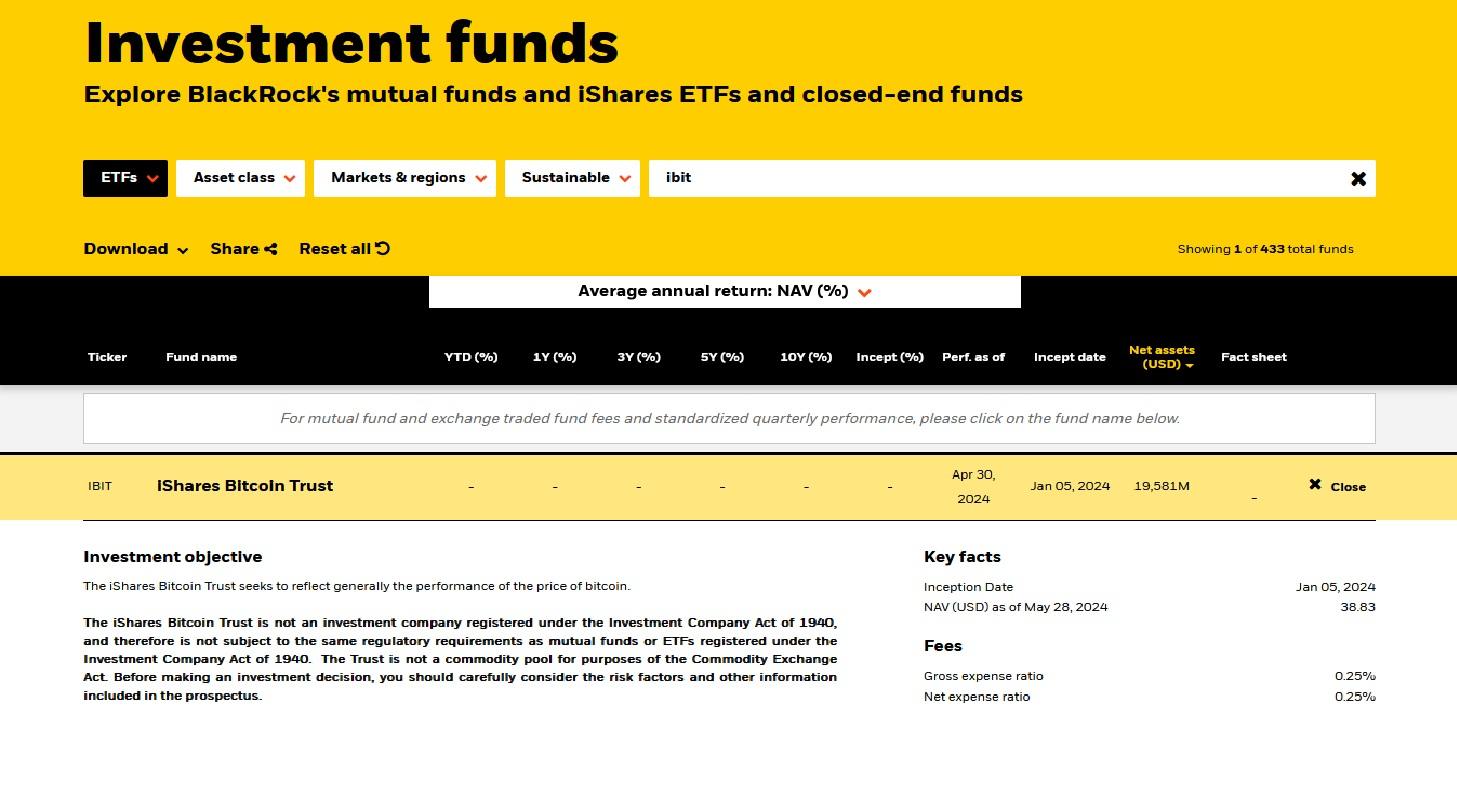
Key Takeaways
- Corporate bitcoin treasury risks are more nuanced than prior cycles, according to Presto Research.
- Most firms avoid pledging bitcoin as loan collateral, reducing systemic liquidation risk.
- Major companies like MicroStrategy and Metaplanet are leading the trend in bitcoin accumulation.
A growing number of public companies are adopting bitcoin treasury strategies, raising billions to accumulate the asset and spurring bubble concerns.
According to Peter Chung, Head of Research at Presto, the risks of liquidation or collapse are real but more nuanced than in prior cycles such as the Terra or Three Arrows Capital crises.
Chung wrote that this trend can be compared the trend to leveraged buyouts in the 1980s or ETFs in the 1990s:
“The recent surge in public entities adopting crypto asset treasury operations marks the dawn of a new era in financial engineering,”
Chung noted that these firms, often repurposed operating companies or SPACs, use diverse funding methods—such as private equity, convertible bonds, or preferred shares—to maximize bitcoin holdings.
Unlike previous cycles, most avoid pledging bitcoin as loan collateral. Of the $44 billion raised or pending among 12 key firms, only a third is debt-financed, and 87% of that debt is unsecured.
Key risks less severe than past cycles
Chung identified two main risks: collateral liquidation and activist-driven liquidation.
However, because most firms avoid collateralized loans, systemic liquidation risk is far lower than in the 2021 cycle. Activists may target firms trading below net asset value, but usually employ less drastic tactics than forced liquidation.
Chung also pointed to the growing number of firms accumulating bitcoin, including Strategy, MicroStrategy, Metaplanet, and Semler Scientific.
Last week, Sygnum analysts warned that the rise of large corporate holders could make bitcoin less suitable for central bank reserves.
Meanwhile, Michael Saylor stated that Strategy’s capital structure is designed to weather a 90% bitcoin drawdown for several years, though shareholders would still “suffer” in that scenario.




